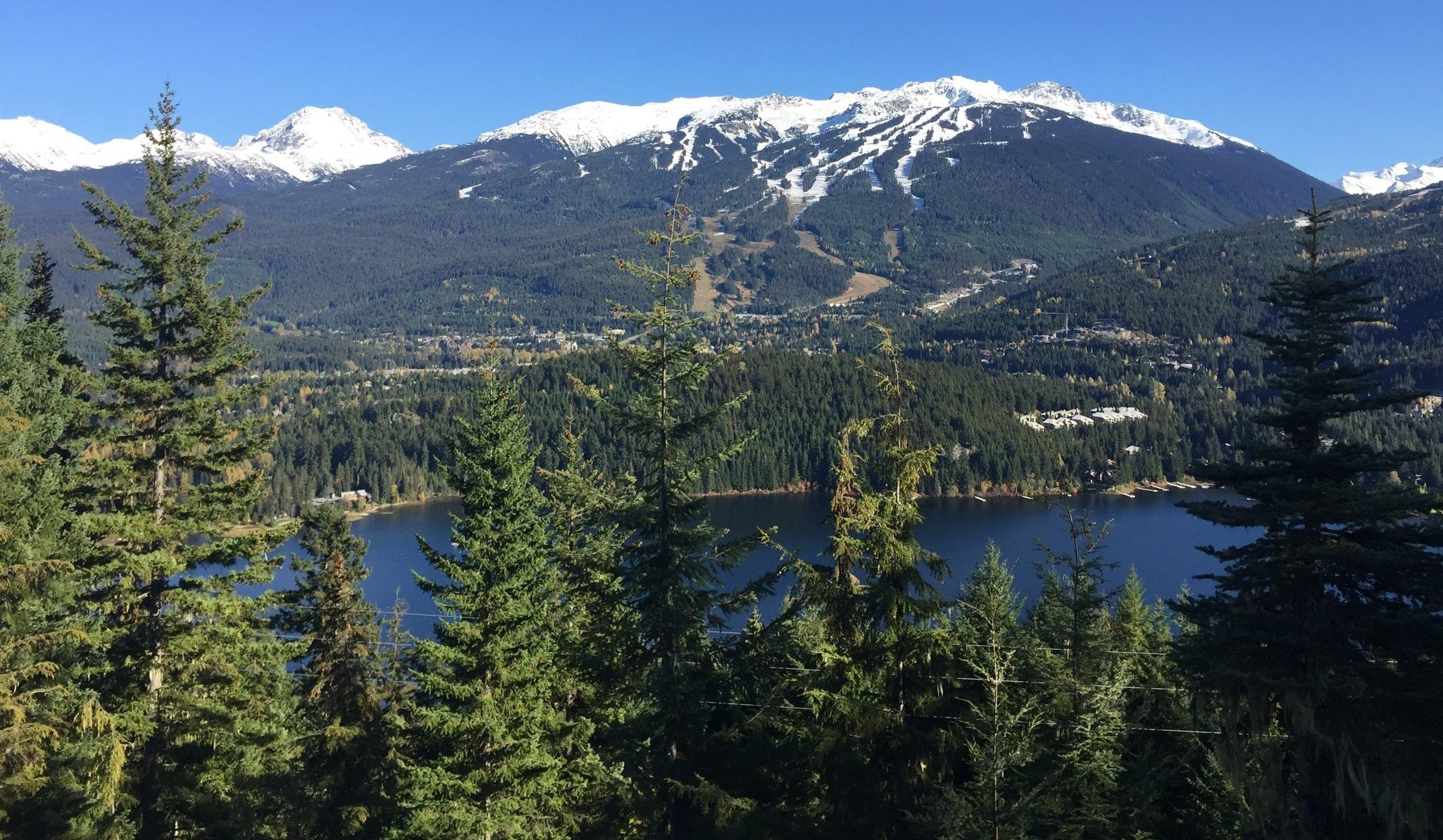The Resort Municipality of Whistler (RMOW), British Columbia has adopted a bylaw that will phase out the use of once through cooling systems and reservoir style urinals by businesses in attempt to lessen water use in the municipality.
Businesses will have to disconnect their once through cooling systems within 10 years and reservoir style urinals within a year. As well, homeowners and building owners will also no longer be able to leave water running during the winter season to prevent freezing pipes.
Once through cooling equipment includes commercial refrigerators, air conditioners, coolers, and ice machines. The equipment removes heat by transferring it to a supply of clean, cold municipal drinking water that runs through the unit, and then is discharged directly to the sewer. Reservoir style urinals fill the urinal reservoir and flush, even if no one has used the urinal.
“This is one of many steps the Resort Municipality of Whistler is taking to reduce unnecessary water use,” said Whistler Mayor Nancy Wilhelm-Morden. “Once through cooling systems and reservoir style urinals both use a significant amount of drinking water. By phasing them out, we are making incremental gains towards further conserving water in Whistler.”
To help minimize the impact to businesses, stakeholder consultation and engagement took place with businesses and commercial enterprises in Whistler. Outreach included two meetings, held in June and August, with representatives from hotels, HVAC/refrigeration service providers, restaurants, and property managers.
Through these conversations, businesses highlighted that water metering would give further incentive to reduce water use. The RMOW will advance plans to implement water metering for businesses—Industrial/ Commercial/ Institutional (ICI) volumetric water metering—in 2019.
The once through water usage bylaw is the latest of several initiatives the RMOW has recently undertaken to conserve water. New outdoor water conservation stages were introduced this summer. Through the new system, water levels are set each week, depending on water supply, reservoir levels, fire danger ratings, and the water forecast. This change allows for more flexible irrigation timelines, while also ensuring the reservoir is always full in case of fire.
The RMOW also implemented the 21 Mile Creek Source Protection Plan to keep Whistler’s glacial watershed clean and has implemented a cross connection control program to prevent backflow contamination. All work is informed by the comprehensive water conservation and supply plan, which was updated in 2015.
“Saving water is everyone’s responsibility. Although it is hard to imagine with all our snow and rain, Whistler’s drinking water supply is finite,” said Mayor Wilhelm-Morden. “It is great to see how the community has come together to find ways to reduce our water use. Let’s continue working together to save our water for drinking and fire protection.”












